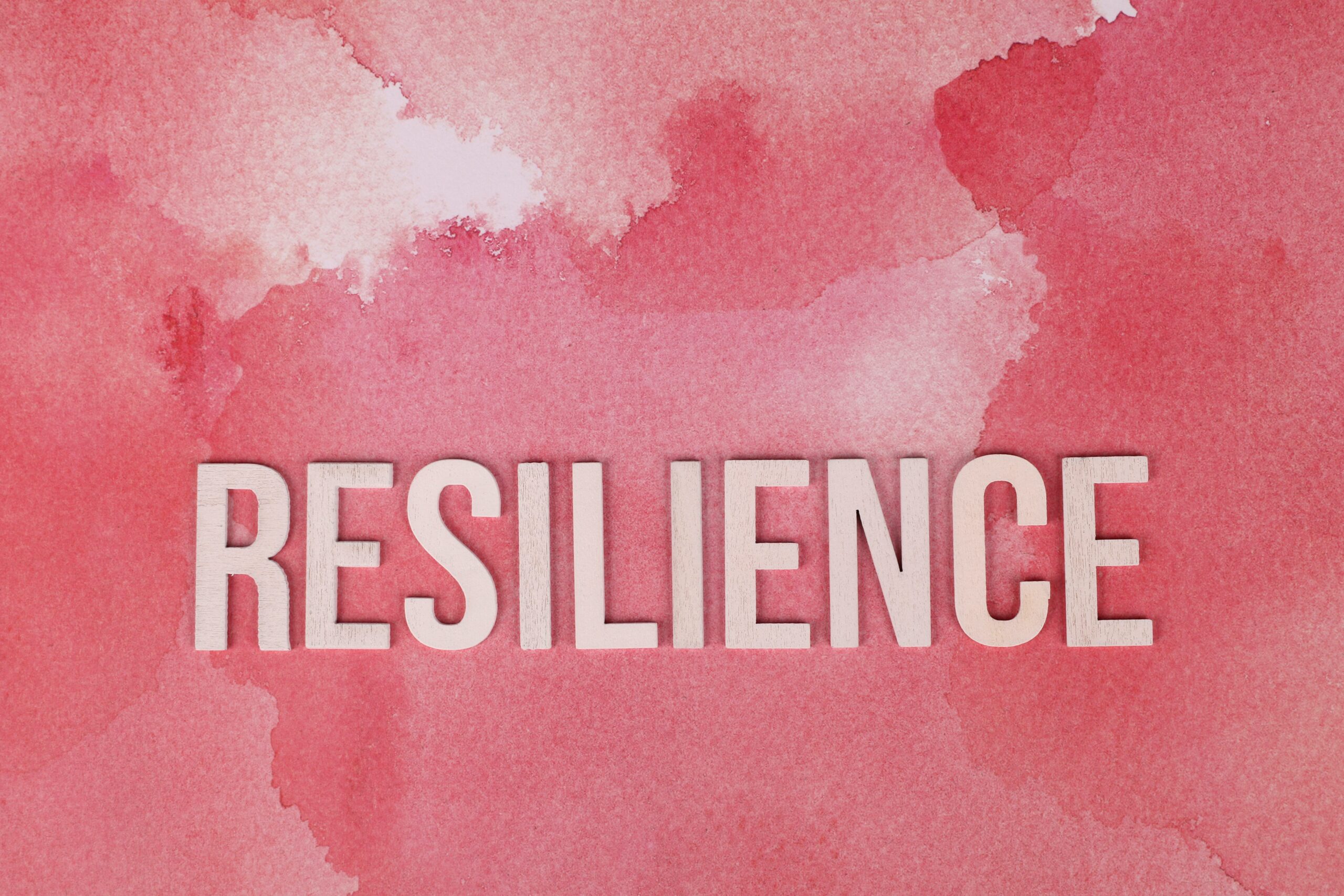Becoming a Narcissist: Understanding Insecurity and Building Resilience

Situation/Challenge
After experiencing relationships characterized by narcissism, some individuals may develop a sense of insecurity that mirrors the behavior of their narcissistic partners. Insecurity, often the driving force behind narcissistic behaviors, can manifest as a form of psychosis, prompting individuals to manipulate others to satisfy their fears and avoid confronting their true character. Resisting this manipulation can be challenging, as resistance may be misinterpreted as combativeness.
Principle
To overcome insecurity and avoid falling into narcissistic tendencies, individuals must learn to embrace their true selves and develop the strength to stand alone without compromising their identity. This process involves unlearning insecurity and relearning self-awareness, as well as understanding the difference between self and matters of life and living.
Pitfalls
Several potential pitfalls can hinder the process of unlearning insecurity and relearning self-awareness:
- Mistaking standing alone for isolation: It is essential to differentiate between the ability to stand alone confidently and the act of isolating oneself from others.
- Failing to recognize the manipulation: Insecurity can be a powerful motivator for manipulation. Understanding the mechanisms of manipulation is crucial to identifying and confronting it.
- Compromising one’s identity: Engaging in relationships without compromising one’s sense of self is a delicate balance that must be maintained to avoid adopting narcissistic behaviors.
Unlearn
To overcome insecurity and the risk of narcissistic patterns, individuals must unlearn the following beliefs and behaviors:
- Relying on external validation: Seeking validation from others can perpetuate insecurity and foster dependency, making it challenging to develop a secure sense of self.
- Feeling helpless in the face of manipulation: Recognize that it is possible to resist manipulation without being combative and that establishing boundaries is a crucial aspect of maintaining one’s identity.
- Allowing insecurity to dictate actions: Insecurity can lead to poor decision-making and the adoption of harmful behaviors aimed at fulfilling fantasies of fear. Let go of this urge to act on insecurity and focus instead on uncovering the true self.
Relearn
Having unlearned harmful beliefs and behaviors, individuals can now relearn the correct way to cultivate self-awareness and resilience:
- Prioritize self-reflection: Engage in introspection to understand one’s thoughts, feelings, and behaviors better, fostering self-awareness and a stronger sense of identity.
- Develop coping strategies: Learn healthy ways to manage and cope with insecurity and negative emotions.
- Practice self-compassion: Cultivate kindness and understanding towards oneself, recognizing that it is a process of growth and personal development.
Application
Finally, here are some practical steps to apply these principles to overcome insecurity and avoid adopting narcissistic behaviors:
- Establish boundaries: Clearly define and communicate personal boundaries with others, maintaining self-integrity.
- Build a support network: Create a supportive environment consisting of friends, family, and professional therapy resources who emphasize open communication.
- Embrace self-acceptance: Accept oneself, including strengths and weaknesses, and celebrate individuality.
- Engage in activities that foster personal growth: Participate in hobbies, workshops, or educational opportunities that contribute to self-improvement and fulfillment.
- Practice effective communication: Develop communication skills that promote understanding, empathy, and healthy interactions with others.
- Recognize manipulative behaviors: Cultivate the ability to identify and confront manipulative behaviors in any form, standing up for oneself without aggression or compromise.
- Foster independence: Embrace the strength and resilience that comes from confidently standing alone, while still engaging in healthy relationships and maintaining one’s identity.
Overcoming insecurity and avoiding narcissistic tendencies requires a commitment to unlearning harmful beliefs, relearning self-awareness, and applying practical strategies to maintain a strong sense of self and foster healthy relationships. By understanding the role of insecurity in promoting narcissistic behavior and taking the necessary steps to combat it, individuals can reclaim their lives and thrive in the face of adversity.
